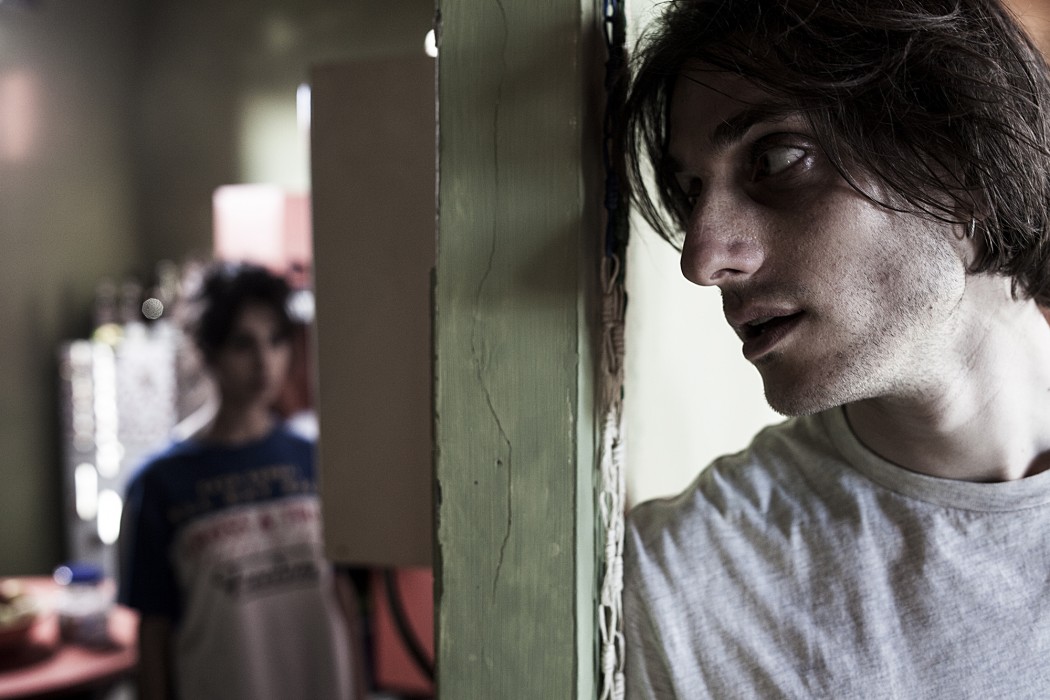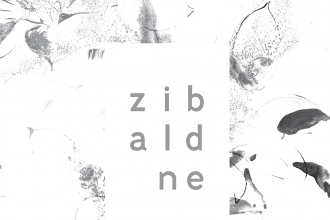Born in Arona, a small city in northern Italy, but settled in Rome since the age of 18, Claudio Caligari left his mark in Italian art cinema with Amore Tossico (Toxic love, 1985), whose main theme is the drug addiction, and L’odore della notte (1998), in which Valerio Mastrandrea plays the main character.
Caligari, died aged 67 in May 2015 after a long illness just after the editing of the film. Don’t be bad has been produced by Mastrandrea, who struggled to get funds.
His rough and realistic cinema reflected his interest for life in the borgata (the Roman suburbs) and its social issues, the same we could find in the movie of the Italian neo-realism, like the ones of De Sica and Rossellini, which Caligari loved.
‘I will die an asshole. And I shot just two films,’ that’s how Mastrandrea commemorated his friend Claudio, who produced also different documentaries about drug addiction. Caligari wrote lots of screenplays but unfortunately he was turned down most of the time. An outsider, he was not so much appreciated even in his native Arona, which awarded him the year’s citizen only a few days ago.
The film, an ideal continuation of Amore tossico, was presented out of competition at the 72nd Venice Film Festival and selected as Italy’s candidate for the foreign-language Academy Award, where it was unfortunately rejected.
Don’t be bad, set in Ostia in 1995, tells the story of two young close friends, Vittorio (Alessandro Borghi) and Cesare (Luca Marinelli), who spend their time in drug dealing and petty crime. The first one manages to find his way, thanks to a new job and to the love of his new girlfriend, but Cesare won’t survive the events and the violence of life. It’s difficult not to be bad in Ostia, Caligari seems to say.
Caligari’s posthumous film, part of an ideal trilogy that starts with Accattone by Pasolini, followed by Toxic Love, has been screened at Cinè Lumière during Cinema Made in Italy and actor Luca Marinelli was there to represent the film. We met him before the screening.
How was playing the role of a drug addict? How did you get into it?
There was a lot of inspiration in the script and also living in Ostia for a while while I was shooting helped me a lot. That world does not exist anymore, but I got closer. Moreover, Caligari was a great master and he helped us. I also had the great opportunity to work with Valerio Mastrandrea, his right-hand man along with Emanuele Bevilacqua, an actor who played in L’odore della notte.
I listened to people who lived in that period and I also recollected memories about drug addict I knew. On youtube I found lots of documentaries about guys rom the 90s. Don’t be bad tells exactly about those years, where people started swapping from heroine to synthetic drugs.
Claudio suggested us to watch his movies, Accattone by Pasolini, Rocco and His Brothers by Visconti and Mean Streets by Scorsese. Claudio truly admired Scorsese and Pasolini.
How was playing in a film set in a time when you were a teenager? What did you know about Ostia?
I didn’t know Ostia, but when I was a teenager I heard about it, because of its night life. The 90s’ set was real fun: I had to wear clothes my uncle used to wear and my haircut reminded the TV series I used to watch when I was a child. I had to wear high-waist trousers and large sweatshirts. Actually, this gives you the right attitude. We had these haircuts, especially me. I had a very peculiar one (he laughs).
Do you think many people could remind those times in Rome suburbs?
Guys my age or older looked back to their past or their friends’. Many thanked us at the end of the film.
Why was Caligari, who came from a quiet city in northern Italy, so interested in those suburbs?
His greatest inspiration was Pasolini, a person from the north as well, who fell in love with Rome, its suburbs and its dynamics. They shared a similar path. Claudio fell in love with Ostia, and used it as the set of Amore tossico and L’odore della notte. Like Pasolini, that world fascinated him because it was true, there is no filter. I am fascinated by suburbs as well and when I travel to a new place I like to go to areas where people actually live, not rich and manicured neighbourhood.
How was working with Caligari?
I knew his films, But I had never met him before. He was a charming person, with a great charisma and vast culture. He was very funny and ironical as well, even when he was seriously ill. I am sorry to have worked with him only for three months, but those months had been intense.
How much do you feel responsible about this film?
I am not the director, so I cannot talk too much about that, I just can talk about what I did and what the film represents for me. But in this case the responsibility is greater because the director is not with us anymore. This film is very delicate for me.
How do you think the English audience would react to the film?
In the UK there was the popular Trainspotting, in France they had La Haine (Hate): I believe people can be aware of a similar Italian landscape. It’s a good film and I am sure people will like it.
What did Caligari teach you that you like most?
Death didn’t make him scared, because he was working with life: cinema was his life. He was not afraid of his visions and his choices and this is a very good memory of him. He taught me not to be afraid of anything. He also taught me not to be judgemental. He didn’t have any prejudice; he thought the audience would understand what he meant.
How did Don’t be bad change you?
It really changed me. I understood we have to follow our dreams and face risks and failures.
Are you already working on a new film?
I am going to work soon on a new Italian film and I really look forward to it, but I cannot reveal anything yet.





